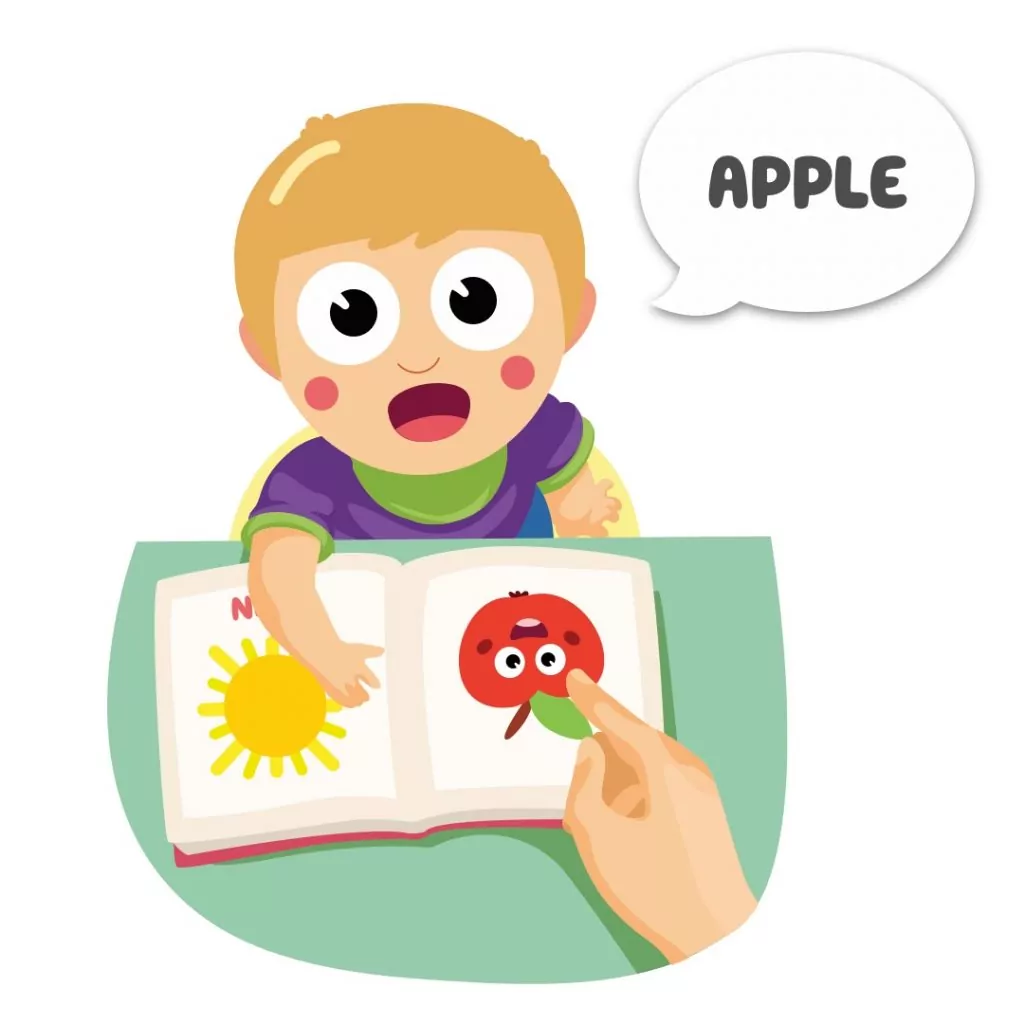Reading Motivation: A Critical Foundation in Early Reading Development
Feb 13, 2022 There are many things that you can do to help prepare your child to become a reader, but if they don’t have a desire to read, you may have a much more difficult time laying that initial foundation for literacy development.
In This Article
Looking more deeply into reading motivation can support your little one’s learning to navigate their journey in becoming a lifelong reader.
What Exactly is Reading Motivation?
Reading motivation is simply your child’s desire to read. When your child has a high motivation to read, they will show interest in books and may try to “read” the pictures of a book even though they can’t read the words yet. They may also be eager to learn the alphabet and letter sounds so they can start learning to read words by themselves.

If your child doesn’t have a strong motivation to read, they will most likely avoid situations where reading is involved. Maybe they scream and run away when you are trying to read aloud to them, or they might avoid times when you are trying to teach them the letters in the alphabet.
Why Should You Nurture Your Child’s Reading Motivation?
Your child’s reading motivation is a critical piece of the early literacy puzzle. If your child doesn’t have a desire to be around books, they most likely will not have the desire to want to learn to read.
Many times, motivation for reading starts off very strong but can decrease very quickly if a child struggles when trying to learn to read. So, you want to keep reading as a very positive experience.
When you start nurturing motivation at a very young age and keep motivation strong, you may find that your child perseveres through any initial reading difficulties and maintains a stronger desire to keep reading.
Why Your Child Might Not Have the Motivation to Read
There are many reasons why your child may not have motivation to read, but here are some of the most common reasons:

Low Self-Efficacy
Self-efficacy is like a child’s self-worth and willingness to face challenges head on. Low self-efficacy may pop up when things related to reading become difficult.
Children may avoid situations where they feel like they have had repeated failure. It is important to celebrate the smallest successes with children who have low self-efficacy so that they can build up their self-esteem and create confidence around their ability to learn.
No Choice in Reading
A lot of times, a lack of reading motivation is simply because of a lack of choice. Children love exploring things that interest them and being told what to read can make reading seem like a chore.
Lack of Value Placed on Reading
If there is a lack of value placed on reading at home, then reading may not seem like a priority to children. They may not find it important to read and may resist opportunities to read.
Boost Your Child’s Speech Development!
Improve language & communication skills with fun learning!

5 Tips to Support Your Child’s Motivation to Read
As you can see, reading motivation is a very important early literacy skill. But how can you make sure that your child stays motivated about reading? These tips can help support your efforts in helping your child maintain a strong desire to read. Even if you don’t think your child has a problem with reading motivation, you should still try to incorporate some or all of these tips to help nurture a lifelong reader!
1. Let Your Child Choose!
As I mentioned earlier, a lack of choice can play a huge role in a child’s reading motivation.
Giving children choice provides them with an opportunity to learn and explore on their own terms. Allowing choice also increases the likeliness that they will engage more with their reading without being prompted to do so.

This can be as simple as letting your child choose their bedtime story, or choosing a new book to take home from the library or bookstore.
2. Make Reading a Part of Play
One of the best ways to make reading engaging and motivating is to use play.
There are so many games that you can use to help your child learn the alphabet as opposed to using flash cards.

You can use reading and writing during authentic play like taking orders in your child’s play kitchen or restaurant.
There’s no wrong way to play…just think about how your child normally likes to play and get creative in incorporating some reading opportunities into those play routines.
3. Be a Role Model
Your child values what you value. If your child sees how important reading is to you, then they will start to value it as well.
Let your child see you reading books that YOU enjoy. Talk about how you love to read. When you are looking at your phone and reading your emails or an article online, let them know what you are doing.

The more they see that reading is such an integral part of your life, the more likely they are to understand its value and want to be just like you!
4. Build a Community of Readers
Children love to socialize and it is critical for a child’s early social development as well. Why not create a young book club where children can get together to read and play?

When your child feels a sense of belonging to a community of readers, they will be excited to share about books with their friends. This will empower them to become a stronger reader and engage in reading, which will increase their motivation.
5. Build a Reading Identity
We are all unique in who we are and so we are also all unique as readers. Helping your child discover their reading identity can help them create motivation for reading.
Have your child reflect on what kinds of books they like to read. What books are they drawn to or what things do they like to learn about? They might enjoy reading books that are funny or they may like to learn from reading non-fiction books.

Another way to build a reading identity is to understand the strengths and challenges of reading. Maybe your child is really good at decoding words but has difficulty identifying sight words. You can help your child set small, attainable goals that will help them to celebrate their successes and raise their self-esteem.
Understanding what types of books they like and their strengths and challenges can help strengthen their identity as a reader and understand that every reader is different and special!
Have a question for our Speech Therapists?


I was reading an article by speech bulbs on how to help children develop their reading skills. I was just wondering what you would suggest to parents that have a child on the spectrum?
It truly depends on what level the child is performing. If your child was diagnosed with higher-functioning Autism, then you can pretty much follow the same suggestions that we had on our blog. Let your child pick the book because that will increase their involvement and attention. If your child is lower-level in regards to attention and speech, you may have to use books that are more sensory involved – such as flap books, books that make sounds or that are geared towards their specific interests. Just make sure the sounds don’t overstimulate your child or make them have an aversion. If you can tell me what level the child is currently functioning at and his/her age, I could help you further.
Stacie Bennett, M.S. CCC-SLP